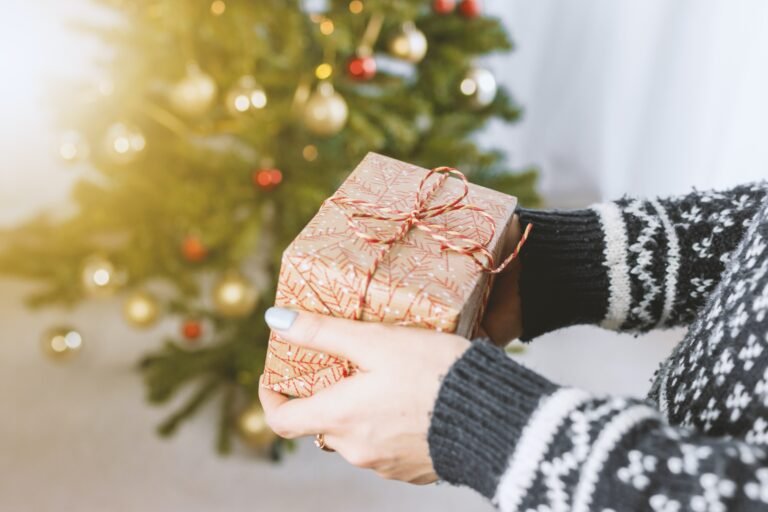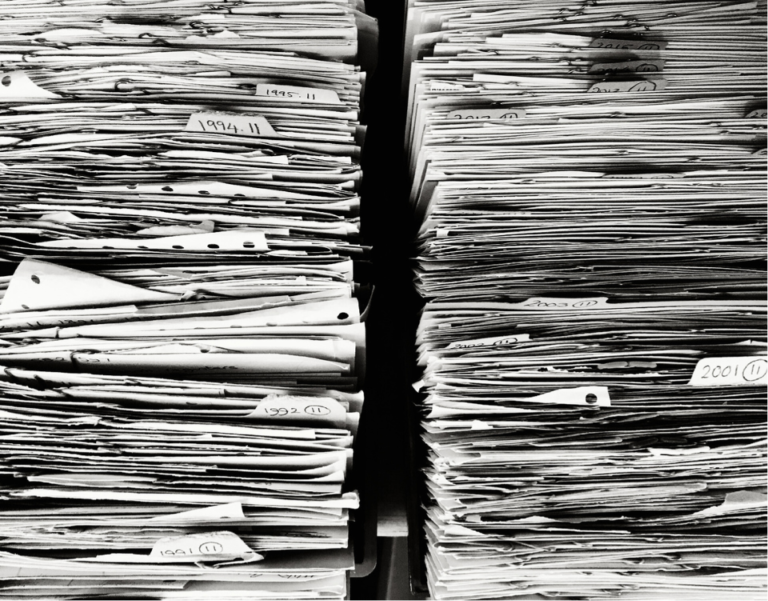Halloween, with its distinct blend of mystery, costumes, and treats, has become an iconic holiday celebrated around the world. But do you know the fascinating history behind this bewitching occasion? Delve into the past as we embark on a journey through time to explore the ancient origins, cultural influences, and transformative evolution of Halloween. From ancient Celtic rituals to modern-day festivities, the history of Halloween is a tapestry woven with ancient traditions, religious customs, and communal celebrations. Join us as we unravel the captivating history that has shaped Halloween into the beloved holiday we know today.
Ancient Beginnings
The roots of Halloween can be traced back over 2,000 years to the ancient Celtic festival of Samhain. Celebrated by the Celts in what is now Ireland, the festival marked the end of the harvest season and the beginning of winter. Samhain was believed to be a liminal time when the boundaries between the world of the living and the realm of spirits became blurred.
During Samhain, bonfires were lit to ward off evil spirits, and people wore costumes made from animal hides to disguise themselves from these otherworldly beings. The Celts also believed that the spirits of their ancestors would visit during this time, and offerings of food and drink were left to appease them.
Christian Influences
With the spread of Christianity, the early Church sought to supplant pagan festivals with Christian holidays. In the 9th century, Pope Gregory III designated November 1st as All Saints’ Day, also known as All Hallows’ Day. The evening before, October 31st, became known as All Hallows’ Eve, eventually shortened to Halloween.
In an effort to incorporate Celtic traditions into the Christian holiday, All Hallows’ Eve began to incorporate elements of Samhain. The practice of “souling” emerged, where poor people would go door-to-door on Halloween, offering prayers for the dead in exchange for food.
Trick-or-Treating Takes Shape
The tradition of trick-or-treating, as we know it today, can be traced back to various customs from different cultures. In medieval Britain, “souling” evolved into “guising,” where children and the poor would go door-to-door, singing and reciting prayers or songs in exchange for soul cakes. These small cakes were believed to help release souls from purgatory.
In America, the practice of trick-or-treating gained popularity in the late 19th and early 20th centuries. Immigrants, particularly the Irish, brought their Halloween traditions to the United States, including the custom of dressing up in costumes and going from house to house for food and treats.
Commercialization and Modern Traditions
The commercialization of Halloween began in the early 20th century, with the availability of store-bought costumes and decorations. Halloween parties became popular, featuring games, fortune-telling, and the exchange of small gifts.
In the mid-20th century, Halloween cemented its place in pop culture through movies, television, and literature. Classic films like “Halloween” (1978) and the Peanuts special “It’s the Great Pumpkin, Charlie Brown” (1966) became iconic representations of the holiday, shaping its image in American society.
Today, Halloween has evolved into a multi-faceted celebration. Festivities include haunted houses, costume parties, parades, and community events. Pumpkin carving, a tradition with Irish origins, has become an integral part of Halloween, with elaborate jack-o’-lantern designs adorning doorsteps.
The history of Halloween is a captivating tale of ancient rituals, Christian influences, and cultural amalgamation. From its Celtic roots to its modern-day incarnation, Halloween has transformed over centuries, embracing the spirit of community, creativity, and imagination.
While the origins of Halloween may lie in ancient customs and religious practices, it has evolved into a holiday that transcends boundaries and brings people together in the spirit of fun and celebration. Whether you’re carving pumpkins, donning a costume, or indulging in sweet treats, Halloween remains a cherished tradition that connects us with our past while allowing us to revel in the joy and excitement of the present.
As the years pass, Halloween continues to captivate our imaginations and offer a thrilling escape from reality. It reminds us of our shared humanity, our fascination with the supernatural, and our innate desire to celebrate life’s mysteries. So, embrace the spirit of Halloween, and let the enchantment of this ancient holiday bring joy, laughter, and a touch of magic into your life each year.







